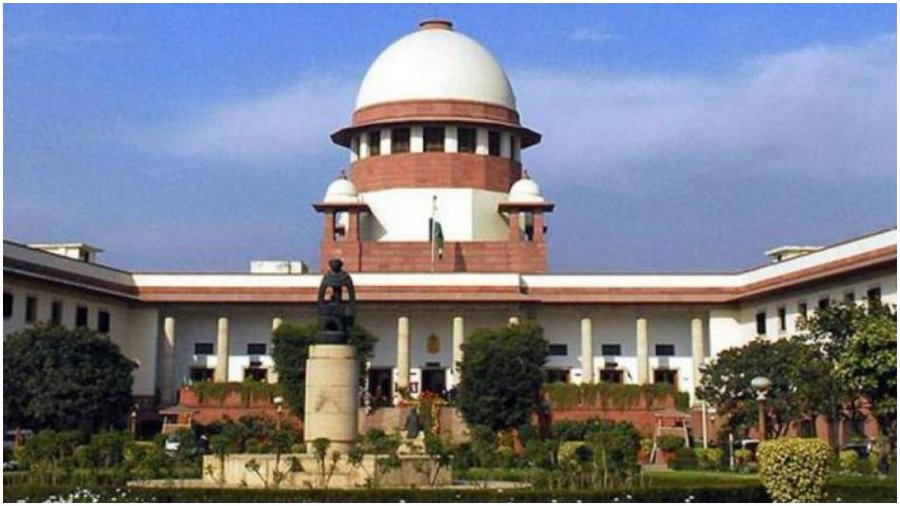Consumer Commission
NEW DELHI, Feb 23: The Supreme Court on Wednesday rapped states and Union Territories for delay in appointing nodal officers for utilisation of funds allocated for infrastructure in Consumer Commissions and said they will have to bear consequences for non-compliance of the order.
A bench of Justices S K Kaul and M M Sundresh said the states and UTs are not understanding the severity of the situation and we have to do something more to make them understand.
“We will have to be merciless to make you understand,” the apex court said while imposing a cost of Rs 1 lakh on the states and the UTs which have not filed an affidavit mentioning compliance of its order.
“Once again the states have done it ! They seem just not to appreciate the significance of the time schedule laid down by the court. We expected that, after the order dated December 1, 2021 where we had clearly mentioned the significance of the time period, things will change. They have not. States must bear the consequences of not complying with the order of this court within the stipulated time,” the bench said.
Advocate Aditya Narain, who is the amicus curiae in the case, told the apex court that 22 states and UTs have filed their compliance reports, and as on date all except 12 states have nominated nodal officers.
The top court granted four weeks to the states and UTs to file compliance and warned that in case of failure, the concerned Secretaries will have to remain present. The matter is listed for next hearing on April 12.
The top court had earlier directed all states, except Maharashtra, to fill up vacancies in the Districts and State Consumer Disputes Redressal Commissions by the end of January this year. On the issue of development of judicial infrastructure, the apex court had noted that a large part of the funds under category of utilisation certificate “UC” does not portray a very happy situation. (PTI)
“It must be appreciated that the utilization of the Central funding in turn requires planning by the States so that the funds do not lapse. The project may be spread over a period of time and if the utilisation is on the basis of the total funds available without taking into account the time period within which that infrastructure would be built, there is bound to be a situation of funds lapsing,” the bench had said. (PTI)
In its December 1 order, the top court had said that what is required is to take up as many projects as would result in utilisation of the fund in the given financial year so that the fund does not lapse.
“It is suggested to us that in order to facilitate the utilization of funds within the stipulated time and to ensure that utilisation certificates are submitted so that no part of the fund lapses, there should be nodal officers assisting the Empowered Committees.
“We call upon the Central Government and the State Governments as well as the Union Territories to nominate the nodal officers for the said purpose within a week. These nodal officers will coordinate and assist the Empowered Committees,” the bench had said.
The top court had made it clear that the Empowered Committees, the nodal officers, states and the Union government are all responsible to ensure that the funds allocated are utilised properly and within the time stipulated with proper utilization certificate to ensure that no fund lapses, and are utilized under the Scheme.
The top court was hearing a suo motu case, ‘Inaction of the Governments in appointing President and Members/Staff of Districts and State Consumer Disputes Redressal Commission and inadequate infrastructure across India’. (PTI)


